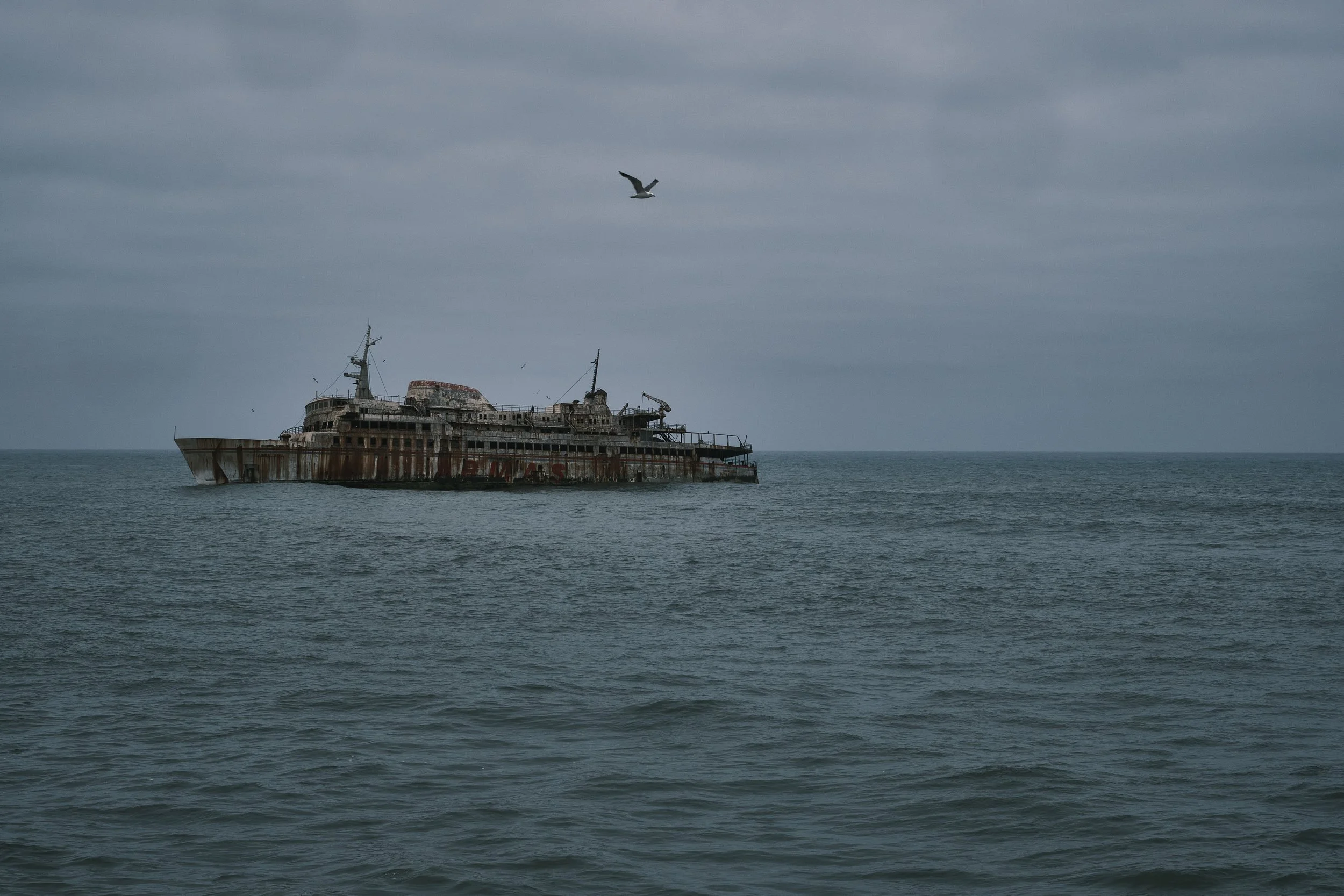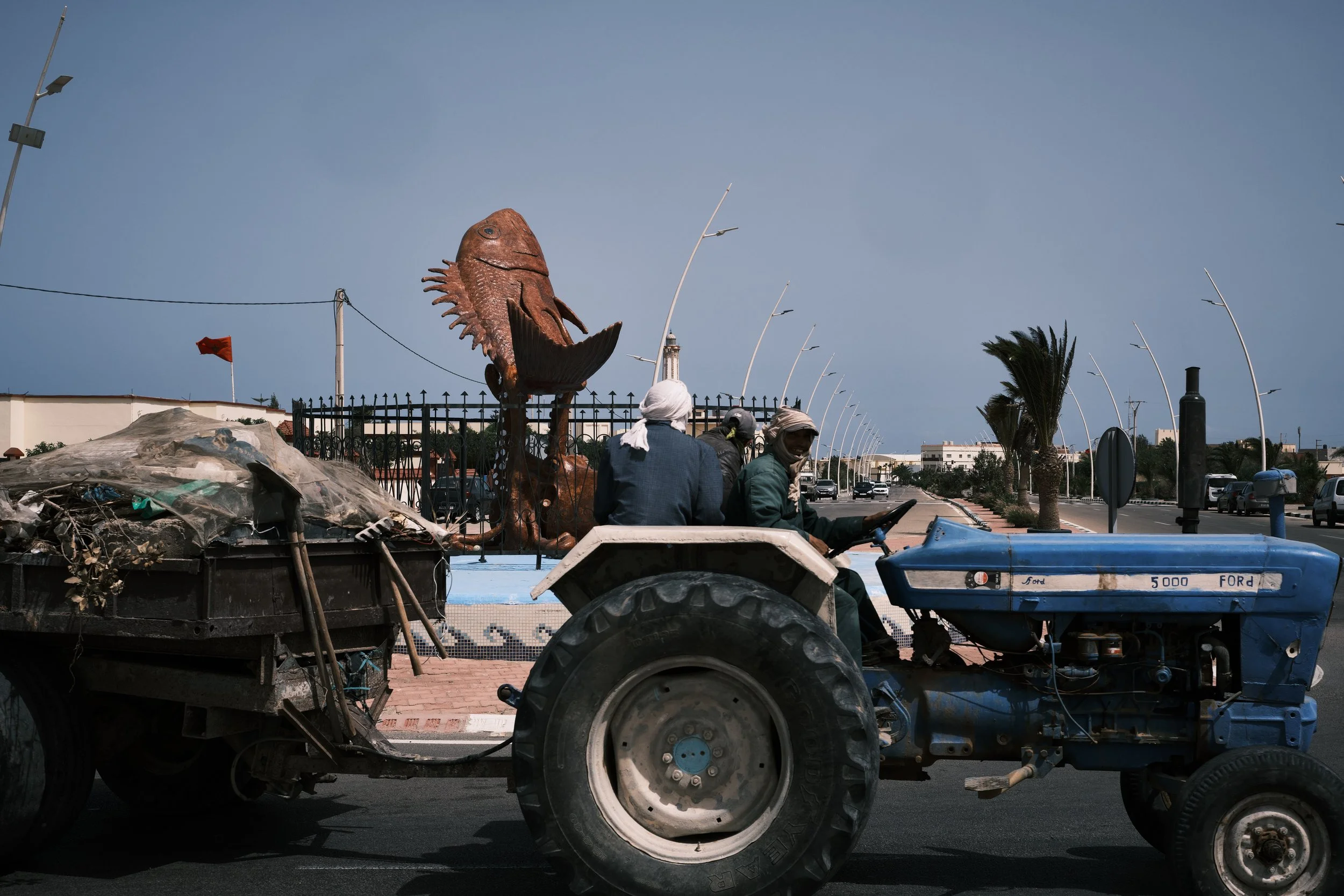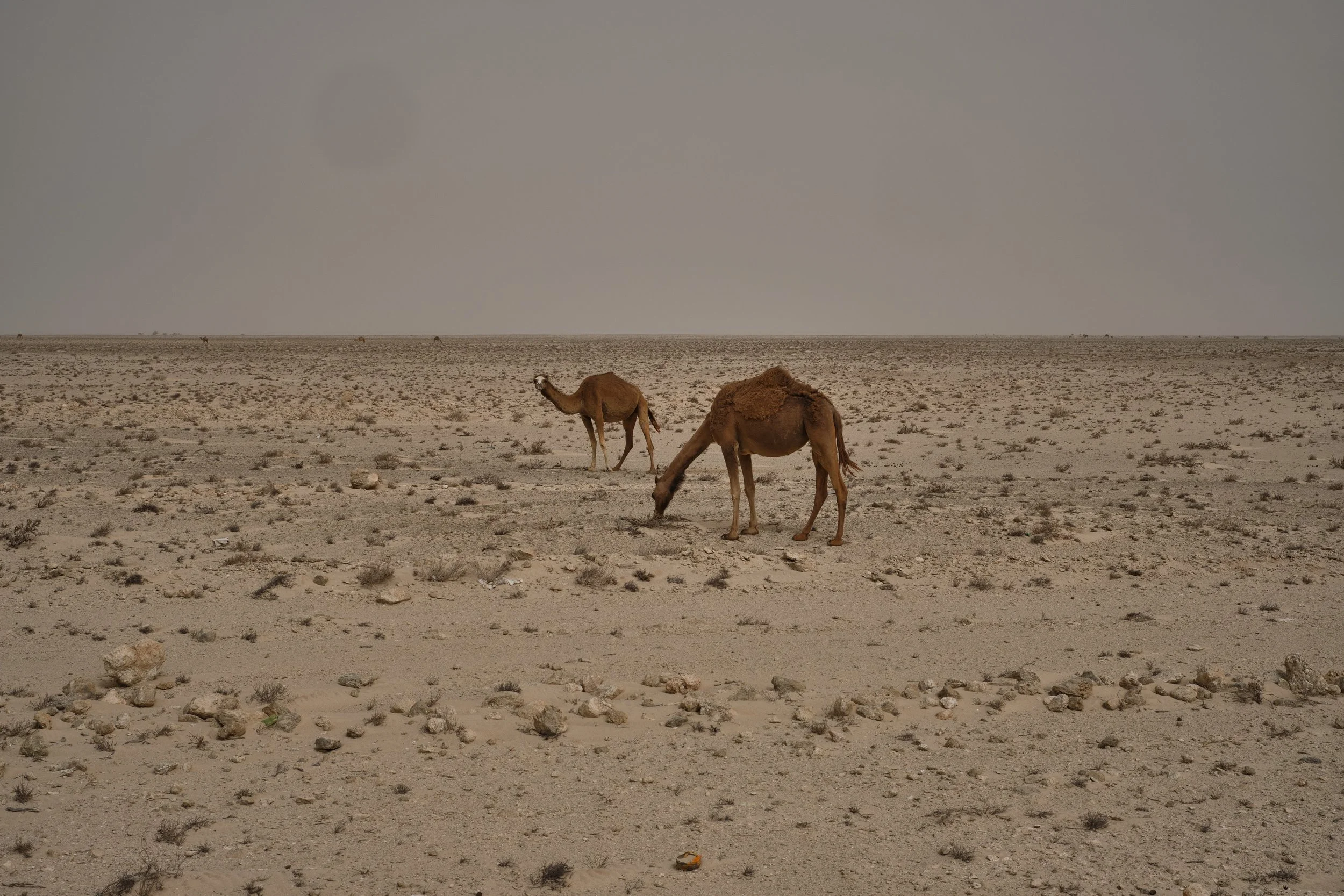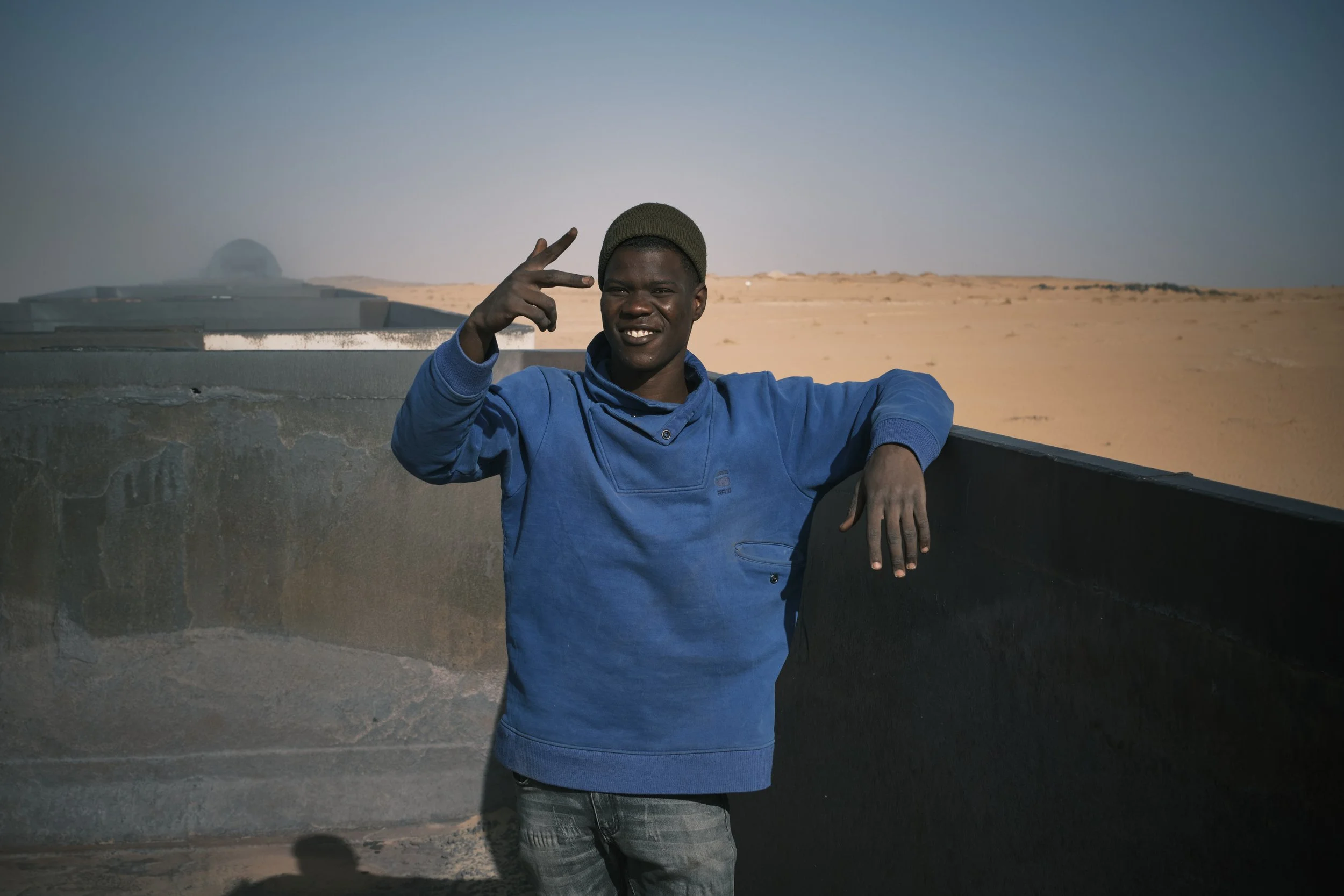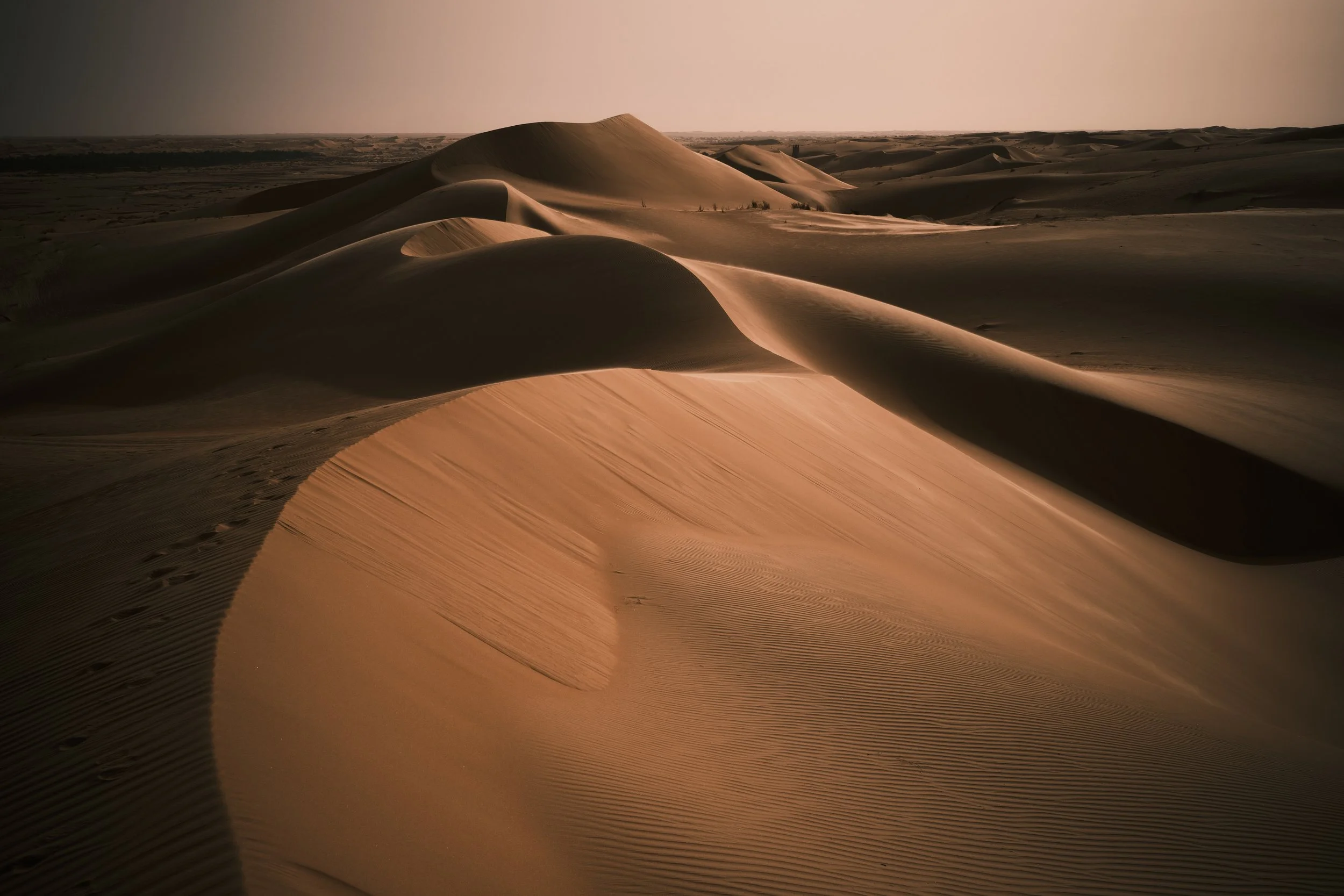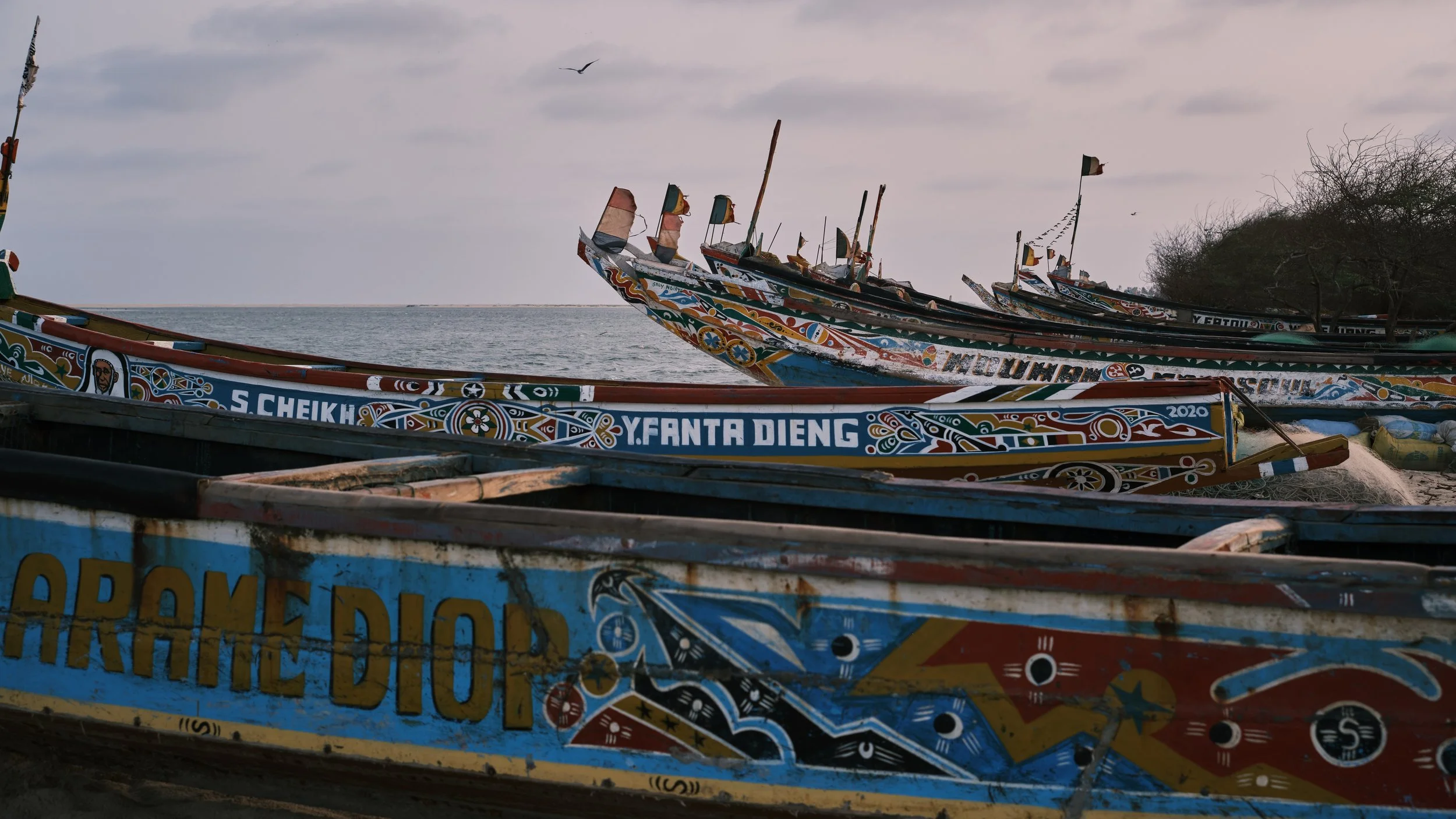Colonialism and the Sahara
Western Sahara is one of the least densely populated parts of the world. It appears to be mostly empty, yet it has been a source of conflict for years.
Spain only let go of the territory in the 1970’s, but without any sort of coordination. Mauritania and Morocco fought a war over the territory, whilst the Sahrawi, the inhabitants of Western Sahara, wanted independence. With superior numbers, Morocco eventually conquered and populated the area, exiling members of the Polisario Front to the town of Tindouf in Algeria. Currently it has an interesting status, as not fully considered part of Morocco by a considerable number of countries, but is administered by the kingdom.
My time there was interesting. It was actually a very nice place to cycle through, with winds from the north pushing you quickly south, a surprisingly diverse landscape, and great omelettes every 80kms. The men/women ratio is also very skewed. I went with Nor Eddine, a Moroccan cyclist I met near Boujdour, to a fishing village where not a single woman lived, to find bread. Even the few towns in Western Sahara had many more men than all those I had seen in the territory previously. The police presence is very noticeable. Every day I was stopped at least twice by police checking my passport and noting my comings and goings. With only one road, it was quite easy for them to follow my progress.
One incident in Boujdour was a bit funny and surprising. I had found the campground, and hadn’t given the manager my passport off the bat. 15 minutes later, a police officer drove in a was relieved to find me there. Apparently he and his colleagues had been driving around the town trying to find me that whole time. Laughing about it with the manager, he said that being American they would be keeping a close eye on me. He also asked if I had contacts who could help with his brothers exiled in Algeria…
But why is this seemingly empty land so sought after? It turns out that it is full of riches.
The waters off of Western Sahara are full of sardines, and fishing is massive. It is also on of the only places in the world where one can mine phosphorous, even boasting the worlds longest conveyor belt at almost 80kms long. These resources are heavily exploited, and in the case of fishing many organizations have highlighted over-fishing as a major environmental concern. It is a good example of Malcom Ferdinand’s work in his book “Decolonial Ecology”.
The colonization of the land goes hand in hand with the land (and ocean’s) exploitation. Not only are people put into subservience and exploited, but so are the resources. This use goes into a capitalist framework, where the few exploit the many. Where Ferdinand uses the example of the Caribbean and plantations to showcase his theories, they can be shifted and applied everywhere. Actually once you read the book, you can see it everywhere, and on the African continent in particular.
Nor Eddine, a wonderful travel companion.
I’ve already dumbed down the conflict in Western Sahara to only a few sentences, and I’ll unfortunately also do the same to one of the main points of Ferdinand’s essential writing. He places the beginning of the plantationocene (as opposed to the apolitical and problematic “anthropocene”) at 1492. The idea of colonialism was not only to conquer people, but to conquer and exploit nature. The exploitation and use of slaves is not to be viewed as a separate idea from the use and exploitation of the lands and seas.
In both cases, the few in power abuse that power to increase their gains. Even when slavery was abolished, the colonial way of inhabiting the world remained. People remained enslaved through capitalism, and the exploitation of the land, though interlinked with the exploitation of people, was never questioned in the same way as slavery, and has thus persisted. That colonial way of inhabiting the world has pushed us into the environmental crisis that is our present and future. The thing is, with the purpose of economic profit as the motive, the exploitation of our environment typically goes hand in hand with the exploitation of people.
In Western Sahara, economic gain for the powerful meant exile and repression for the Sahrawi. In Mauritania, exploitation of mines meant poisonous water for the town of Akjoujt. Also in Mauritania, the famous iron ore train is a symbol of how less powerful countries can be quickly stripped of their resources by others, with the train going directly from the mine to the port of Nouadhibou, to be sent to other countries.
In Western Sahara, economic gain for the powerful meant exile and repression for the Sahrawi. In Mauritania, exploitation of mines meant poisonous water for the town of Akjoujt. Also in Mauritania, the famous iron ore train is a symbol of how less powerful countries can be quickly stripped of their resources by others, with the train going directly from the mine to the port of Nouadhibou, to be sent to other countries.
In Senegal near the town of Saint Louis it is even more egregious. BP constructed an oil platform just a few kilometers off the coast of the town, forbidding people from fishing along the coast. The government also is planning to destroy houses along the coast which are prone to the rising sea levels, caused in no small part due to BP. As always, the discourse of economic gain is used, and few (if any) solutions are given to the inhabitants and fishermen. Some went into Mauritanian waters, and were killed by the Mauritanian coast guard. Of course they blamed the victims, the Senegalese fishermen, from stealing, but ignore the powerful actors who created the situation in which they needed to go into Mauritanian waters in the first place.
Bringing together environmental justice with human justice is essential. Ferdinand’s main takeaway is that to truly live in a way where environmental crisis is not a reality is to also live in one where humans are not exploited. Which pretty much means getting rid of capitalism completely. In “The Conservation Revolution”, Büscher and Fletcher talk of “convivial conservation”, a way in which conservation is decoupled from the commodification of nature that comes through capitalism. This view also sees a way of living with and within nature. They lean towards a system of “décroissance”, or “degrowth”, as the only logical course of action. This is a setup which places human equity as the main path towards environmental protection.
From my previous post, this is where Indigenous People and marginalized groups require promotion, because it is right, but also because it is demonstrably the best way to preserve the environment. Degrowth is also an ecofeminist movement, noting the heavy role that women play in most societies in regards to both the environment (fetching water, for example) and unpaid labour (child rearing). Degrowth shows that capitalist societies rely upon the exploitation of women, marginalized groups, and nature, to accumulate gains for the few, and shows that any “green capitalism” is inherently paradoxical. Green capitalism means economic growth, and that cannot be done without exploitation in some form. Perhaps they can create cleaner energy production, but at the cost of marginalizing rural people by taking land for solar panels and windmills. In any case, where there are improvements, there will also be clear losses. If not in the countries in which they are implemented, the inherent problems with capitalism would extend to exploit people in countries far away.
I view myself as an optimistic person, but I doubt that degrowth, being a reversal of capitalism and its endless accumulation, can be brought through via a democratic process, as capitalism has become so ingrained in our ways of thinking. Also, in spite of what we think, we do not have true democracy. Firms and companies, capitalism’s most powerful, shape discourses and what discussions are part of the agenda. They lobby and support some, whereas those who have ideas which do not correspond to their ideals have a more difficult time gaining an audience. I do think that capitalism is doomed to fail, and I hope that a non-colonial and convivial form of inhibiting the world will come to fruition. Unfortunately it will likely be much too late and many species and people will go through hardships. The main thing to fear is the rise of ecofascism, already strong in many countries…
Whilst my views for the future are grim, and the conclusions noticed in these places I have crossed are not the most positive, everywhere the human spirit prevails. In Western Sahara I met caring people from Guelmim to Guergarate, and the iron ore train in Mauritania has become a true symbol of conviviality. Riding on the train, Oumar, Abdoul, and the others who shared my cart, worked together to get through the rough and dusty ride, showing wonderful kindness and hospitality.
In Senegal, people are not afraid to show resistance to decisions made by the powerful. Even in tough situations, people are able to work and think together, with respect. In Senegal they have the word “Teranga” which can be loosely translated to “hospitality”, but it is so much more than that.
After Saint Louis I cycled with David for a few days. We were greeted in Lompoul by Daouda and his family.
It is altruism, selflessness, and caring for one’s neighbor. Even if the word is Wolof, the spirit of it knows no borders, and I have experienced it everywhere on this trip, though it has become stronger since arriving on the African continent, and has been most prevalent in Guinea-Bissau and Guinea, where everyday I’m blown away. This trip has so far been humbling and beautiful.

